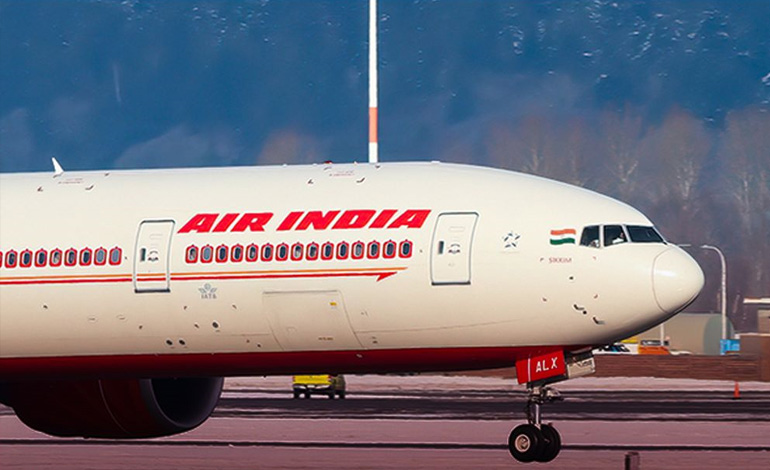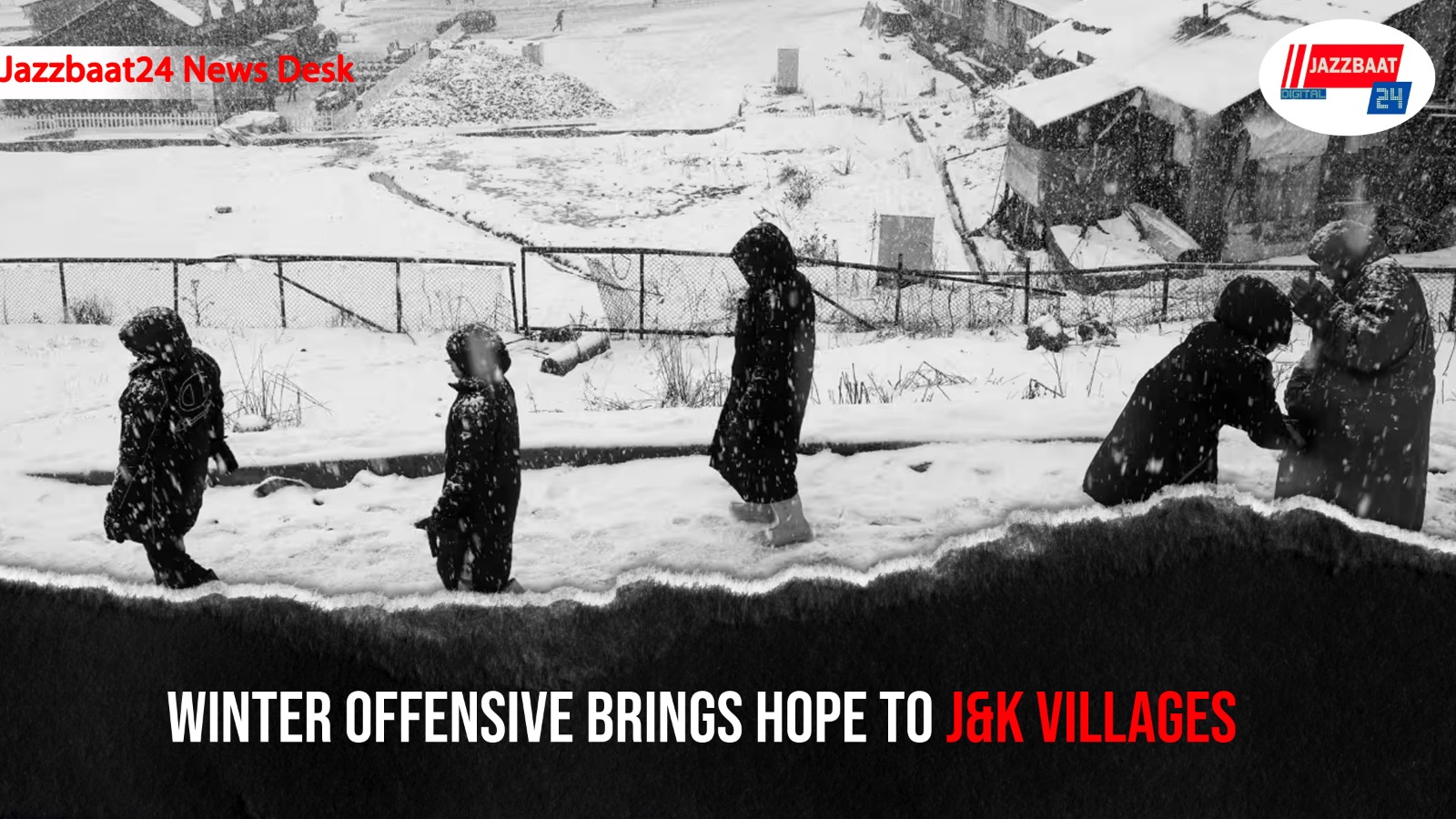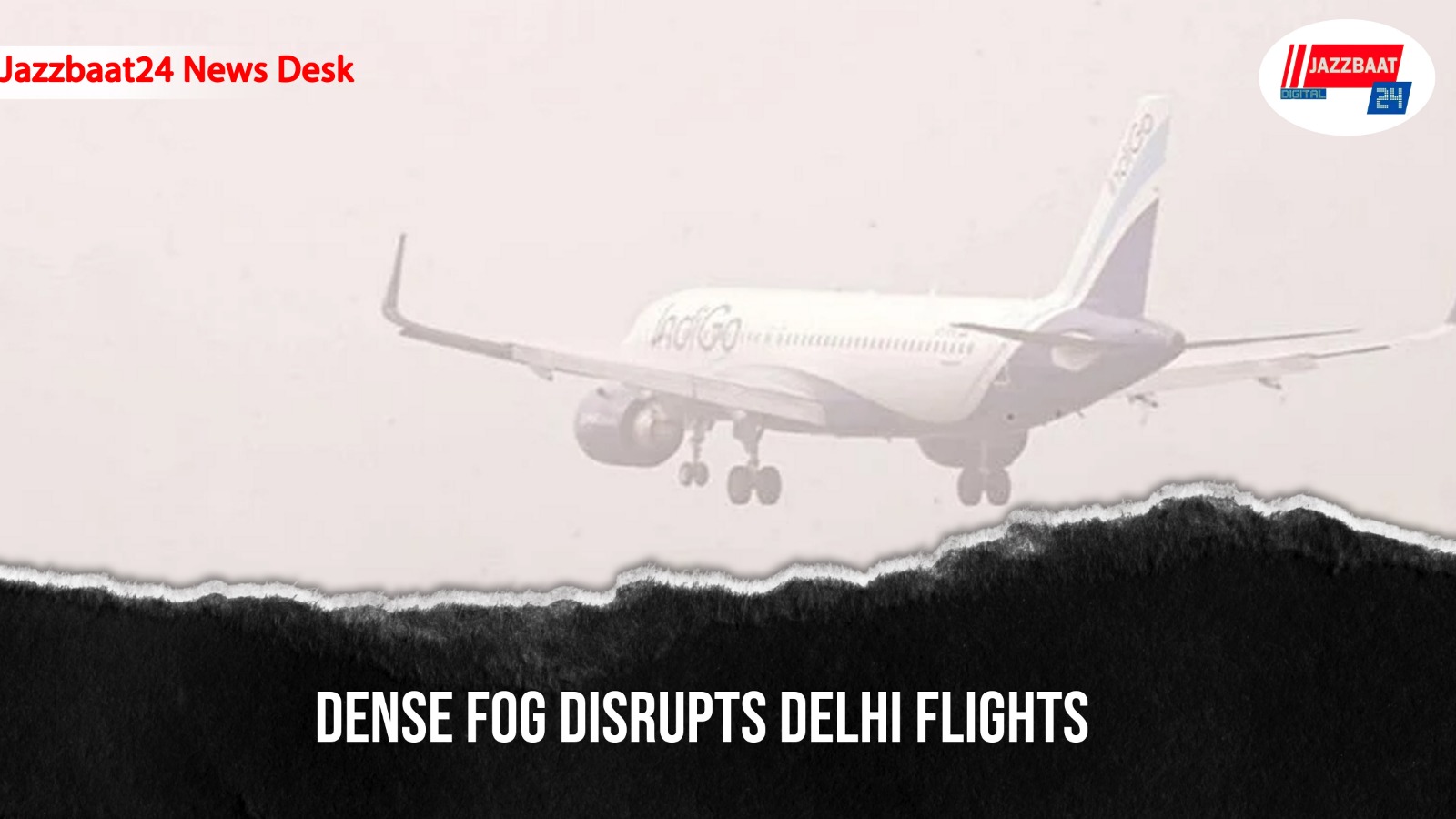Introduction:
In an unfortunate turn of events, an Air India flight en route from Delhi to Port Blair was forced to divert due to adverse weather conditions. As a result, 152 passengers were unexpectedly stranded in Visakhapatnam (Vizag) and had to spend the night there. This incident highlights the challenges that can arise when unpredictable weather disrupts travel plans and emphasizes the importance of preparedness and passenger welfare in such situations. Let's delve deeper into the details of this incident and its impact on the affected passengers.
The Weather Diversion:
On the scheduled day of the flight, unforeseen weather conditions compelled the pilot to divert the Air India flight from its intended destination of Port Blair. The inclement weather posed a risk to the safety of the passengers and the aircraft, making the diversion a necessary precautionary measure. As a result, the flight was rerouted to Visakhapatnam, a coastal city located in the Indian state of Andhra Pradesh.
Stranded in Vizag:
The unexpected diversion left the 152 passengers stranded in Vizag, with no prior arrangements in place for accommodation or transportation. The airline and airport authorities swiftly worked to ensure the passengers' safety and comfort, but due to the lack of available accommodation options in Vizag, the passengers had to spend the night at the airport terminal itself.
Passenger Welfare Efforts:
Recognizing the inconvenience caused by the unexpected situation, Air India and airport authorities made every effort to address the passengers' needs. They provided essential amenities, such as food, water, and medical assistance, to ensure the well-being of the stranded travelers. Additionally, arrangements were made to facilitate communication between the passengers and their concerned family members, allowing them to stay informed about the situation.
Air India's Response:
Air India, being a responsible airline, took prompt action to mitigate the impact on the affected passengers. The airline's representatives were present at the Visakhapatnam Airport to coordinate and assist the stranded passengers. Efforts were made to arrange alternative travel options for them to reach their intended destination, Port Blair, at the earliest possible time.
Passenger Compensation and Assistance:
Passenger rights and compensation are important aspects that airlines must adhere to in such circumstances. Air India is expected to provide the affected passengers with compensation for the inconvenience caused, in accordance with applicable regulations. Additionally, the airline should offer assistance to passengers who require rescheduling of their travel plans or any other related support.
Conclusion:
The unforeseen diversion of the Air India flight due to adverse weather conditions, resulting in the overnight stay of 152 passengers in Vizag, is a reminder of the challenges inherent in air travel. While weather-related disruptions are beyond the control of airlines, it is crucial for them to have robust contingency plans in place to ensure the welfare of passengers. Prompt communication, provision of essential amenities, and efforts to minimize inconvenience are essential steps that airlines should take in such situations. As passengers, it is vital to remain patient and cooperative, while also asserting our rights as per established regulations.





